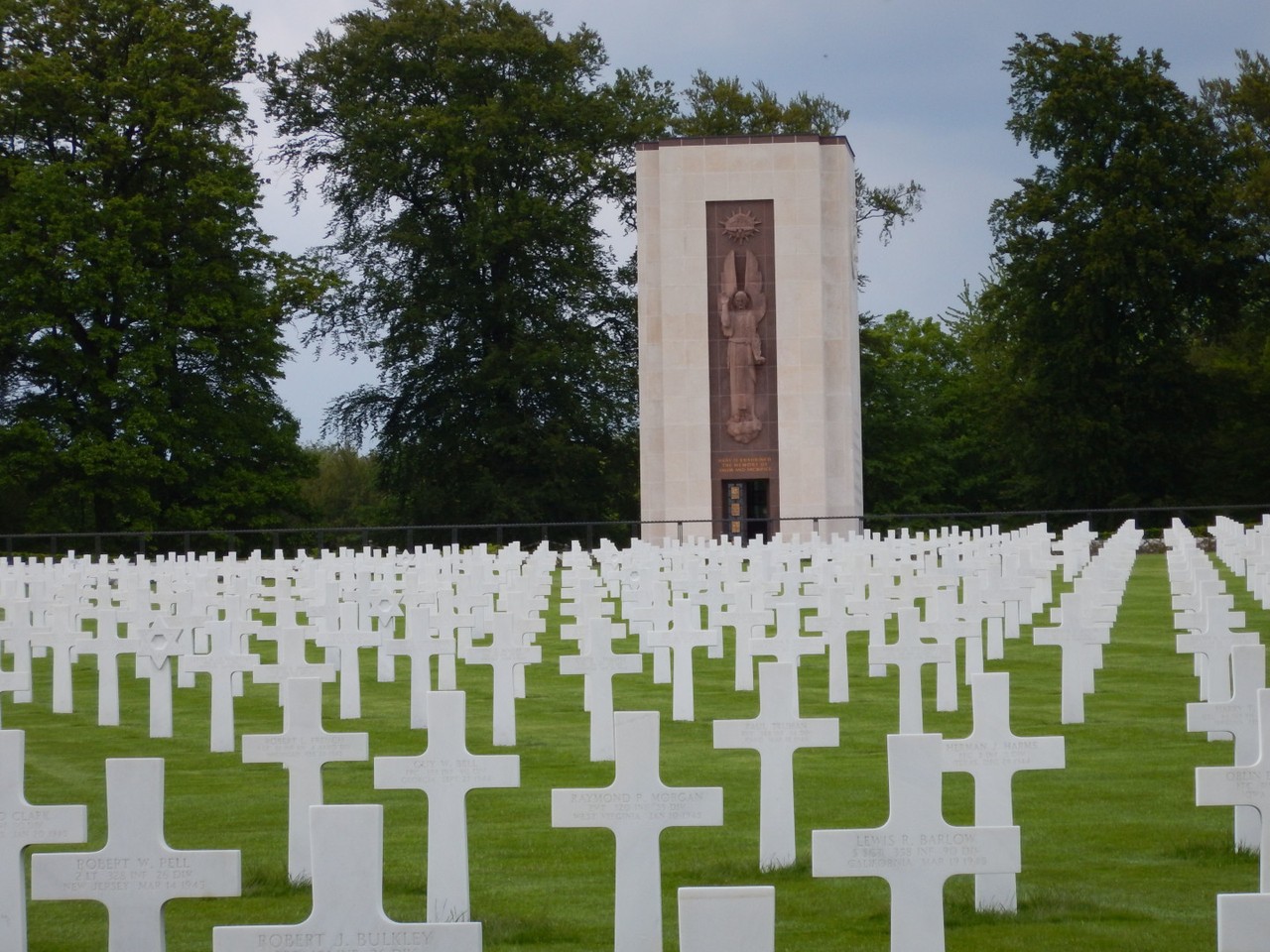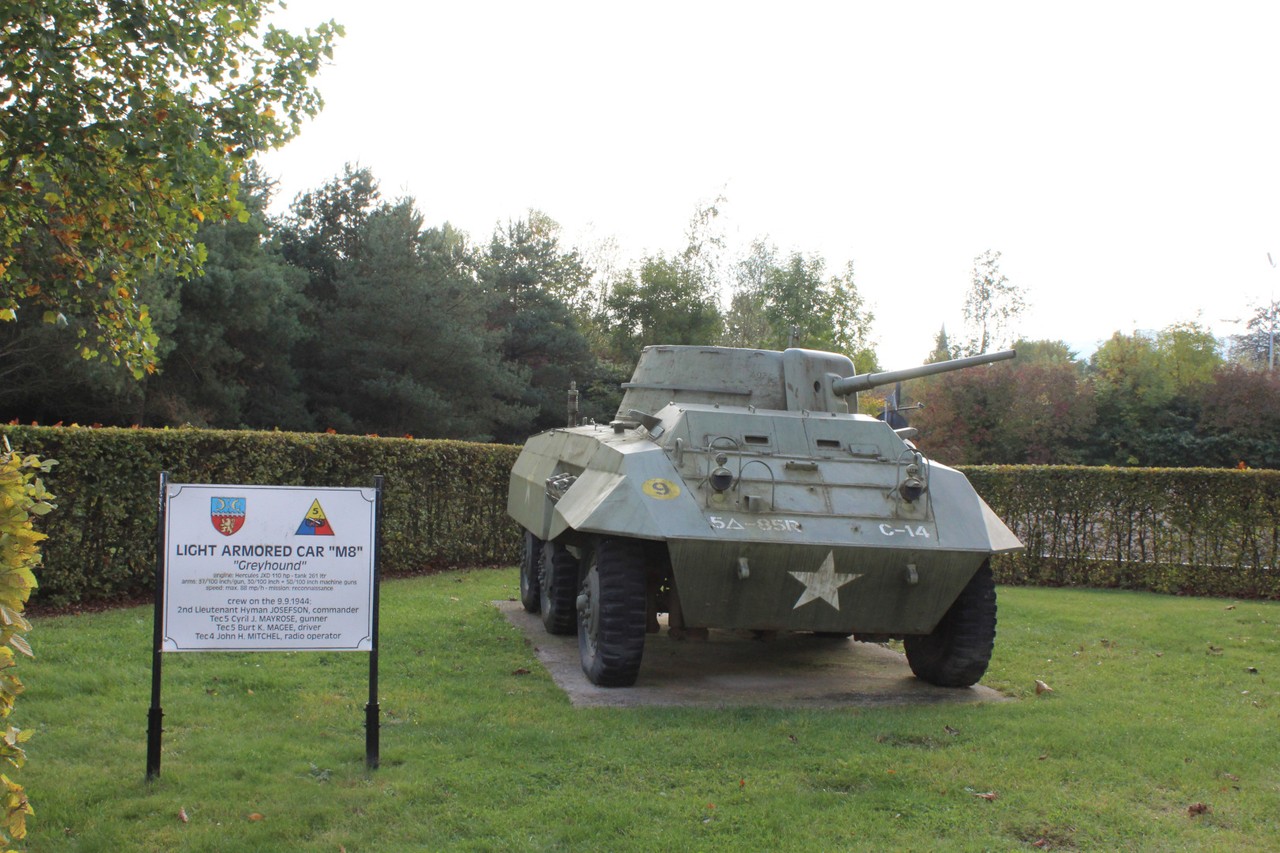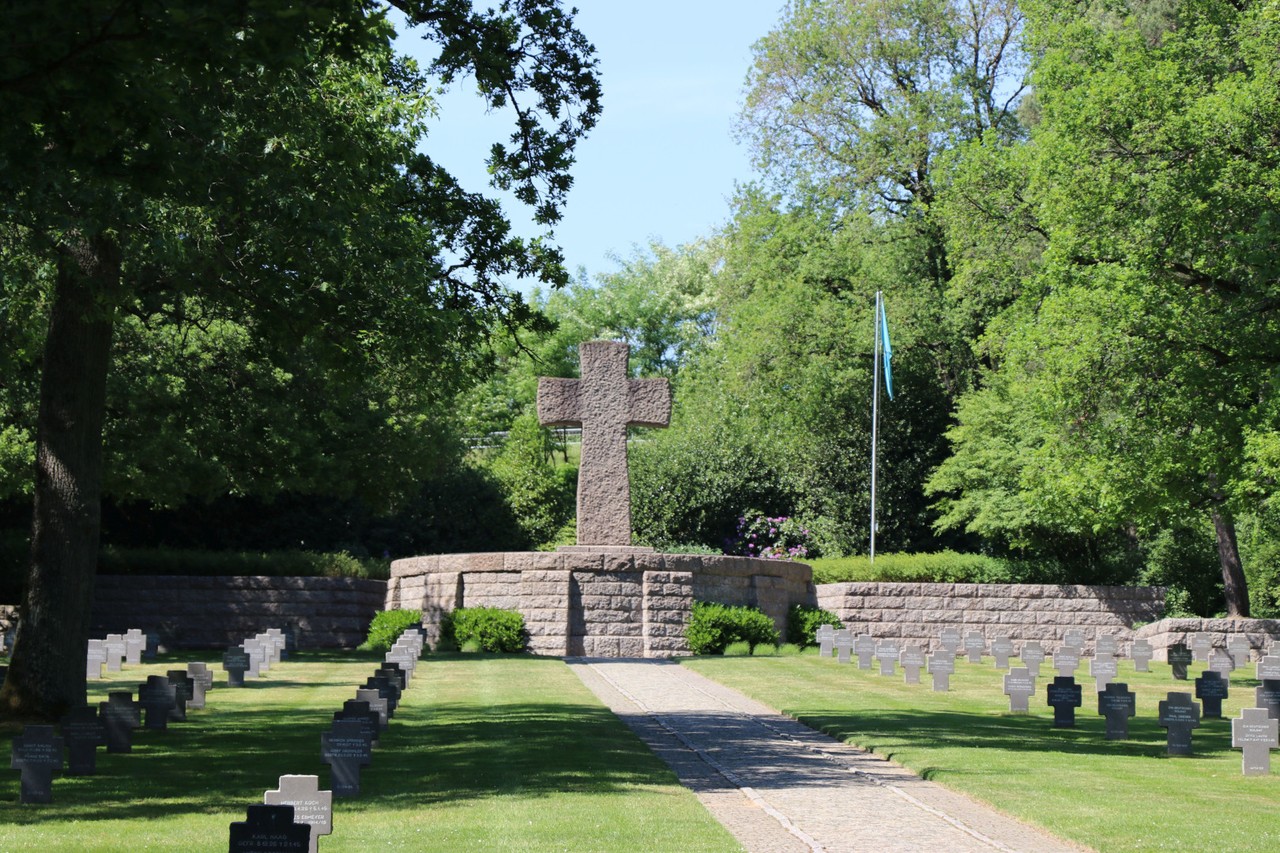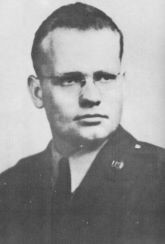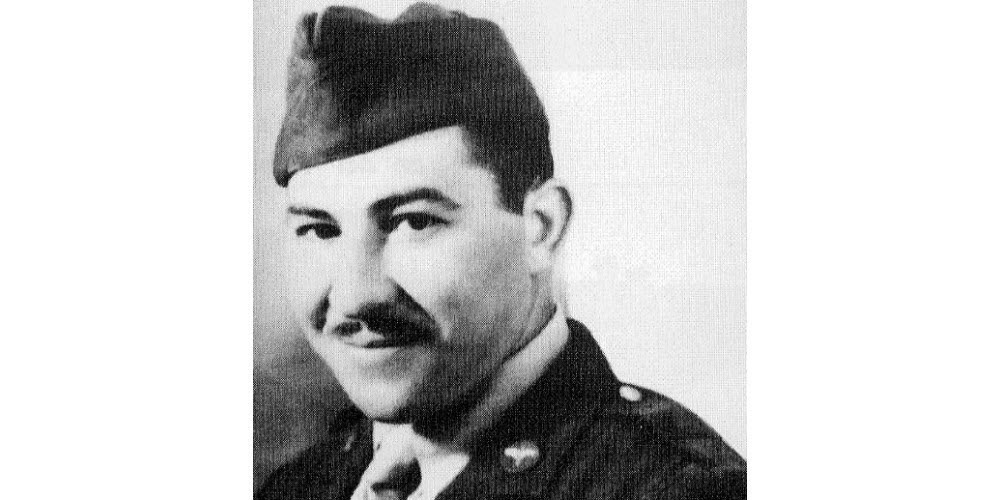The September 1944 liberation in Luxembourg
Luxembourg
Bookmark
Share
News spread of the liberation of Paris amongst Luxembourgers. With the success of the Allied breakout from Normandy and the rapid advances, they believed liberation would soon come for them.
By 3 September 1944, an American patrol was sighted near Burmerange on the Luxembourg-French border. It was not until six days later that the first American elements of the US 5th Armored Division crossed into Luxembourg at Pétange without encountering much German resistance. Joyful citizens were filling the streets waving Luxembourg flags and cheering at the American soldiers in their jeeps, half-tracks and tanks. Girls offered flowers and kissed to the GI’s. Joyful Luxembourgers were in tears when after four years of terror, the sun of liberty began to shine once again.
A day later, the same US division liberated the capital, Luxembourg City, also bringing back Crown Prince Jean. By then a 1st Lieutenant in the Irish Guards. His father Prince Félix, to the astonishment of thousands of Luxembourgers, was also present.
The American advance continued north and east towards the German border. On 11 September , a number of towns and villages in the Luxembourg Ardennes were liberated. The first American soldier, a member of a reconnaissance patrol, also crossed the Our river at Stolzembourg. He became the first to set foot on mainland Germany. The Germans by then were in organised retreat and did not offer much resistance. They destroyed bridges and tried to slow down the American advance east they were approaching the ’Westwall’.
By 14 September, the entire territory of Luxembourg was in American hands. Everywhere grateful Luxembourgers welcomed their US liberators and admired their vehicles. Despite language barriers, a lot of socialising took place during those memorable September days. US troops were billeted in towns, villages and hamlets along the Luxembourg-German border. Their presence and the passive attitude of the German forces, having retreated to their homeland during the ensuing weeks, reassured the Luxembourg population that the war was over. This belief was probably equally shared by their American liberators, now in defensive positions, and billeted in quiet and friendly Luxembourg. By the beginning of 1945 they possibly believed they could finally return home. Unfortunately, this was not to be the case.
